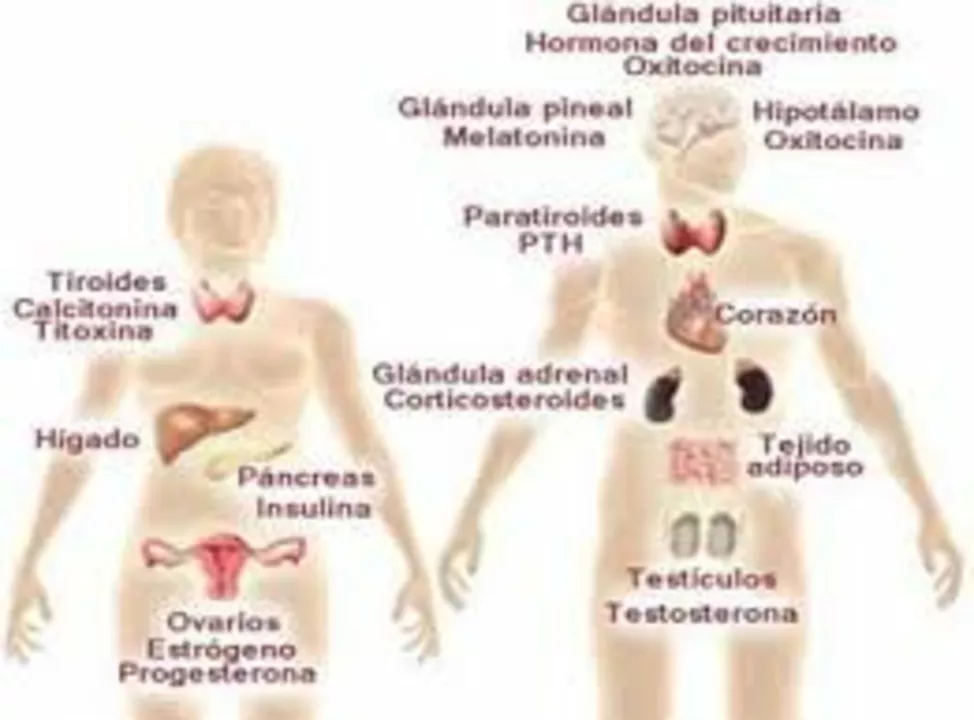In my latest research, I've discovered some fascinating potential benefits of aspirin for parathyroid health and function. Aspirin is known to have anti-inflammatory properties, which could potentially help reduce the risk of parathyroid disorders. It's also suggested that aspirin may improve calcium regulation, which is crucial for maintaining healthy parathyroid function. Additionally, there's evidence that aspirin could aid in preventing kidney stones, a common complication associated with parathyroid issues. Overall, while further studies are needed, these findings highlight the promising role aspirin could play in supporting our parathyroid health.
Parathyroid Health: What You Need to Know
The parathyroid glands are small but they control your calcium. When they work right you feel normal; when they don't, you get bone, kidney, mood, and muscle problems. This page gives clear, practical info on signs, tests, treatments, and everyday steps to support parathyroid health.
Common signs and tests
High parathyroid activity (hyperparathyroidism) often shows as fatigue, bone pain, kidney stones, frequent urination, and mild depression or brain fog. Low activity (hypoparathyroidism) causes tingling, muscle cramps, and sometimes seizures or brittle nails. A simple blood test checks calcium, phosphate, and parathyroid hormone (PTH). Doctors may add vitamin D, kidney function tests, and a 24‑hour urine calcium test to understand the full picture. Imaging like ultrasound or sestamibi scan can find an overactive gland if surgery is considered.
Treatment options and daily tips
Treatment depends on the cause and how bad symptoms are. For overactive glands, surgery to remove the problematic gland often cures the issue. Some people manage milder cases with monitoring, hydration, and avoiding thiazide diuretics that raise calcium. Medications like cinacalcet can lower calcium when surgery is not an option. For low parathyroid function, doctors usually recommend calcium supplements and active vitamin D (calcitriol) to keep blood calcium stable. In special cases, hormone replacement with recombinant human PTH may be discussed with an endocrine specialist.
Everyday steps matter. Keep a consistent calcium and vitamin D routine if your doctor prescribes it. Avoid high-dose supplements without testing—too much calcium can cause stones if your parathyroid is overactive. Stay hydrated and limit excessive sodium, because salt increases calcium loss through urine and can worsen stones. Weight-bearing exercise helps bone strength; discuss safe plans with your provider.
Track symptoms and lab results. Bring copies of recent calcium, PTH, and vitamin D levels to appointments. If you notice new muscle weakness, confusion, or severe thirst and urination changes, contact your doctor quickly. Kidney stones or bone fractures need prompt attention and may change treatment plans.
Medication interactions matter. Some drugs affect calcium or PTH levels—bisphosphonates, lithium, anticonvulsants, and certain blood pressure medicines can play a role. Tell your clinician all prescription and over-the-counter medicines, plus supplements like calcium carbonate, calcium citrate, and vitamin D. Your pharmacist can check interactions and suggest safer timing or alternatives.
Managing parathyroid problems often needs a team: primary care, endocrinologist, surgeon, nephrologist, and pharmacist. If surgery is recommended, choose a surgeon experienced in parathyroid cases. If you prefer non-surgical care, regular labs and bone density tests help guide therapy. Small steps—consistent testing, proper meds, hydration, and exercise—give you real control over parathyroid health.
Follow-up matters: ask your doctor how often to check blood calcium and PTH—typically every 3 to 12 months depending on severity. Get a bone density test at baseline and then every one to three years if you have bone loss. Monitor kidney function and urine calcium yearly when needed. Keep an updated medication list, and carry it when visiting specialists or traveling so care stays consistent everywhere.

